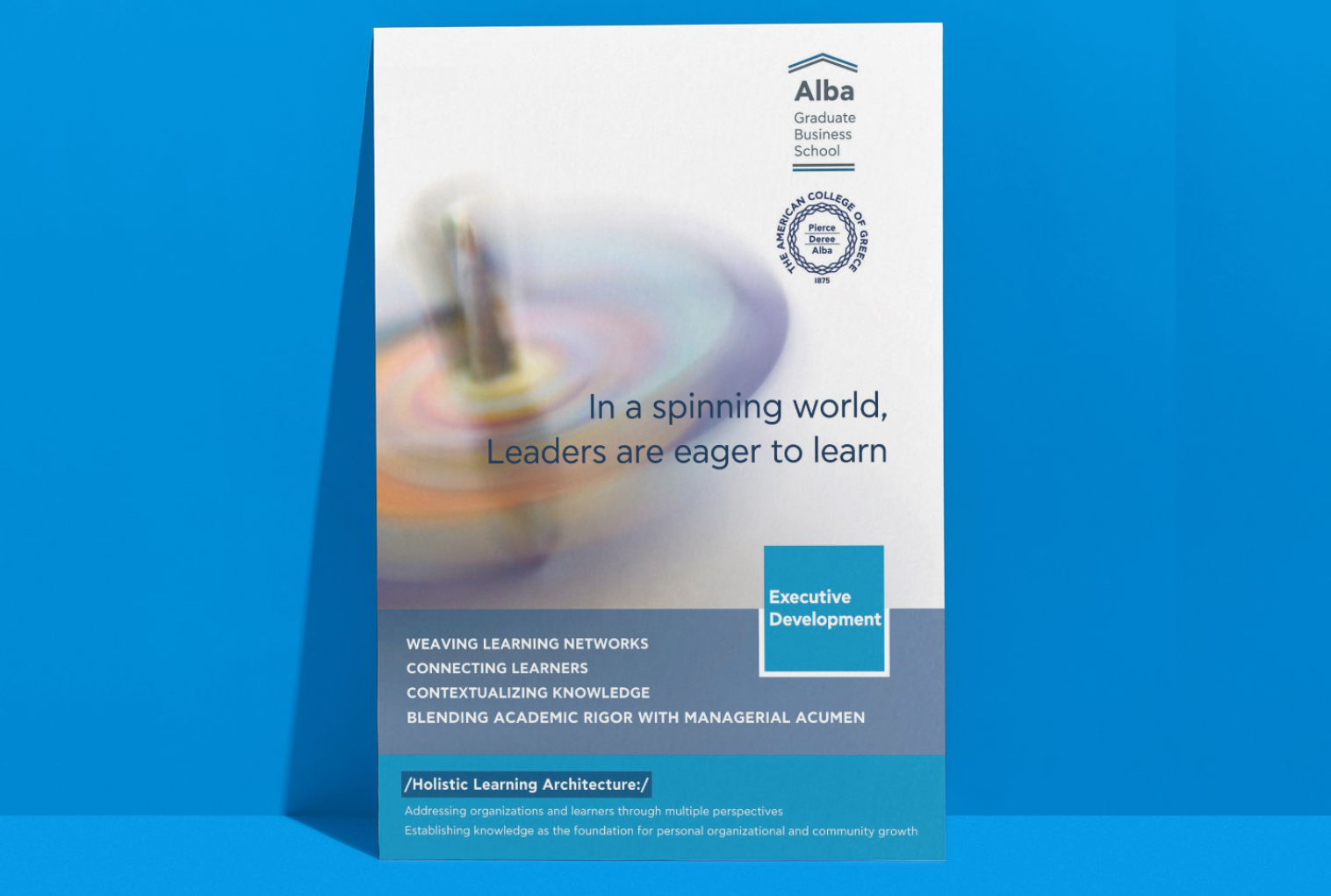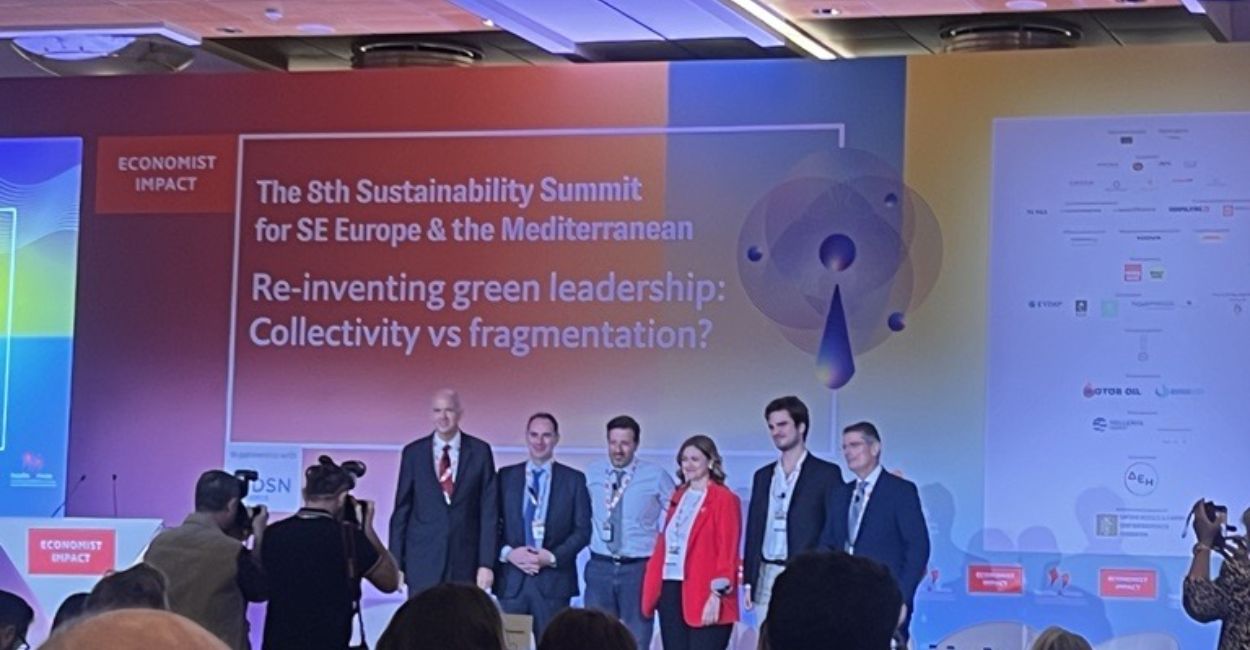
A couple of days ago, on the 15th of October, we participated in the 8th Sustainability Summit for SE Europe & the Mediterranean, a highly regarded event organized by The Economist. Focused on "Sustainability and the Workplace," the summit gathered experts, corporate leaders, and policymakers to explore the evolving role of sustainability in modern work environments. Discussions centered on how organizations can embed sustainable practices, improve employee well-being, and foster a culture of responsibility while navigating the challenges of a rapidly changing business landscape.
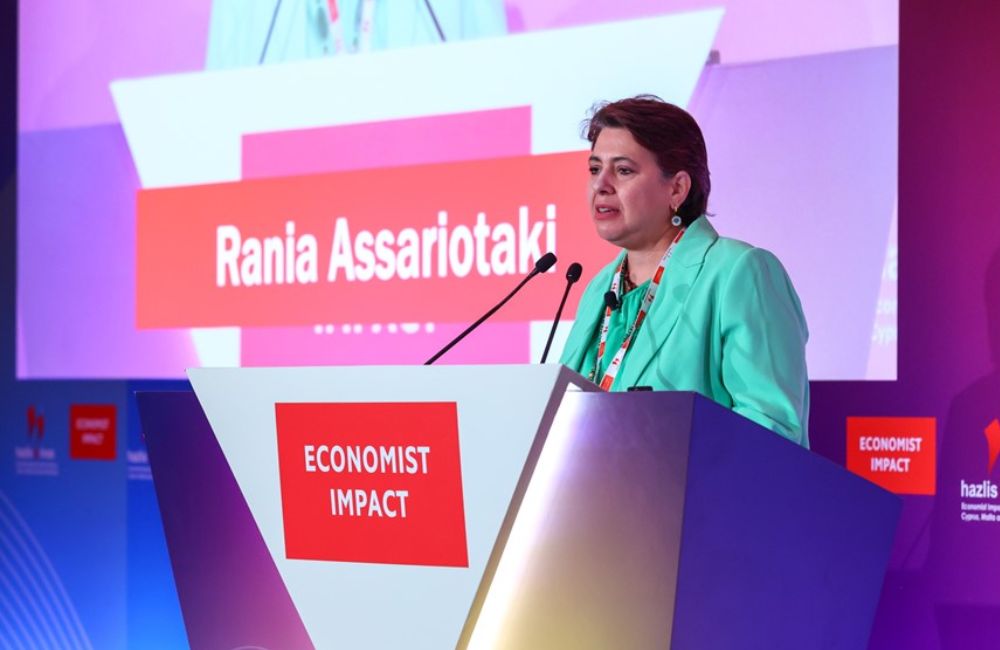
As the American College of Greece, we pay significant attention to sustainability and are among those who see the glass half full about the future. We were pleased to have Rania Assariotaki, the Director of the Office of Sustainability at ACG, participate in a panel discussing "The Fight for Sustainability: Where Are We Heading?" Her contributions added valuable insights to the discussion, including the impact of the US election on the Sustainable Development Goals (SDGs), the perspective of whether the glass is half-full or half-empty, the perceived lack of green leadership on both sides of the Atlantic, and the urgent areas where we need to accelerate the transition.
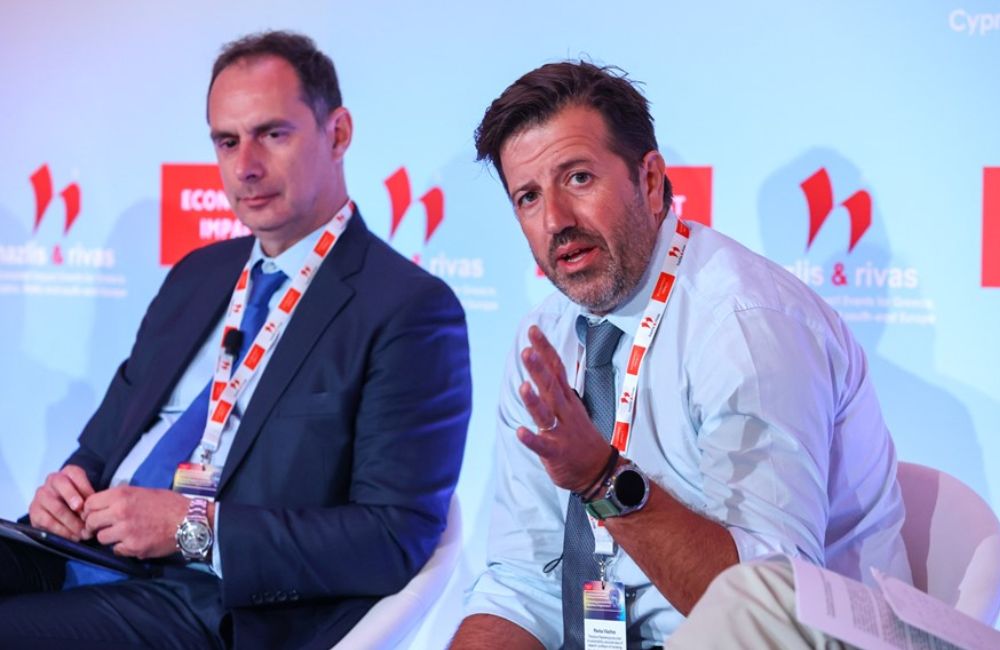
At the event, our Professor Pavlos Vlachos played a key role in a compelling panel discussion on "Sustainability and the Workplace." The conversation touched on critical themes such as reskilling and upskilling the workforce, the realities versus myths of ESG ratings, the transformation of the labor market, and how sustainability-focused due diligence can help combat violence and harassment in the workplace.
Watch the panel discussion, here.
Professor Vlachos also emphasized the importance of humble leadership in fostering workplace cultures that prioritize integrity, accountability, and inclusivity. The private sector has often been criticized for prioritizing profits while shifting environmental, social, and ethical burdens onto society. To counter this, it is essential to create work environments where such practices are unacceptable. Leaders must promote transparency, ethical decision-making, and empower employees to speak up. Cultivating a culture of openness involves using psychometric tools to measure and nurture these behaviors, alongside increased efforts to hire more women, whose representation is vital for creating diverse and inclusive workspaces. Humility is key in this transformation—when leaders embody it, organizations can thrive, balancing profitability with social responsibility.
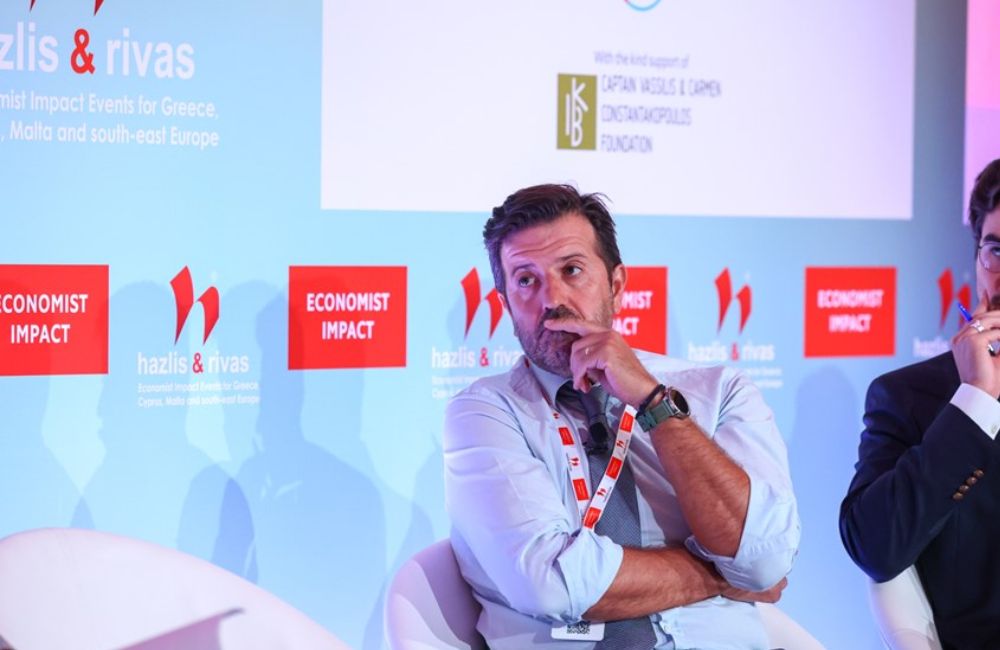
At ACG, we place a strong emphasis on equipping our students—the leaders of tomorrow—with the knowledge, values, and experiences needed to navigate an ever-changing environment while acting as engaged and responsible citizens and professionals to help create a more socially, economically, and environmentally sustainable world. Our participation in the summit not only highlighted our institution's thought leadership in promoting responsible workplace practices but also reaffirmed our commitment to fostering inclusive and ethical environments. By engaging in discussions on humble leadership and its role in addressing corporate challenges, we demonstrated our dedication to creating workplaces where integrity and accountability thrive, underscoring our eagerness to be at the forefront of transformative conversations that balance profitability with social responsibility.
We look forward to future contributions and continuing our involvement in influential events like those organized by The Economist.

